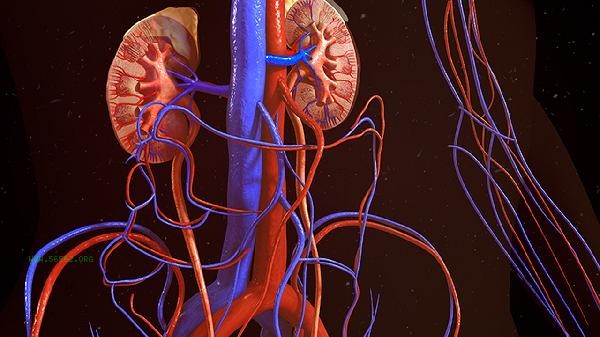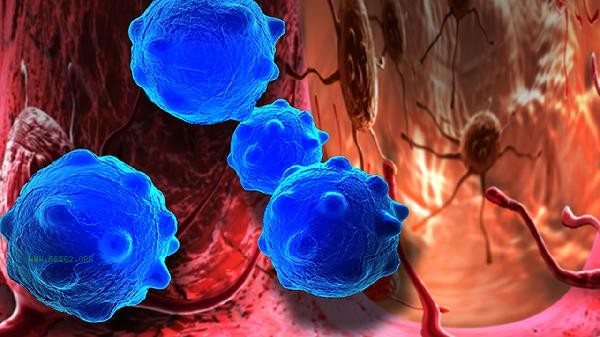The absolute value of eosinophils is 0.07 × 10 ⁹/L, which is mildly elevated. The normal reference range is usually 0-0.06 × 10 ⁹/L. It may be caused by allergic reactions, chronic inflammation, bone marrow proliferative diseases, endocrine disorders, or drug factors.

1. Allergic reactions:
When exposed to pollen, dust mites, or food allergens, eosinophils release histamine to participate in the immune response. Mild elevation is commonly seen in diseases such as allergic rhinitis and urticaria, often accompanied by symptoms such as skin itching and sneezing. Suggest improving allergen screening and avoiding exposure to allergens.
2. Chronic inflammation:
Chronic inflammatory diseases such as rheumatoid arthritis and ulcerative colitis may lead to abnormal indicators. Inflammatory factors can stimulate the release of more eosinophils from the bone marrow, and these patients often experience persistent symptoms such as joint pain and diarrhea. The degree of inflammation needs to be evaluated through tests such as C-reactive protein and erythrocyte sedimentation rate. 3. Bone marrow proliferative diseases: Hematological diseases such as polycythemia vera and chronic myeloid leukemia can cause disorders in bone marrow hematopoietic function. This type of situation is usually accompanied by abnormal increase in hemoglobin or significant increase in white blood cells, and requires diagnosis through bone marrow aspiration and genetic testing.
4. Endocrine factors:

hypothyroidism, diabetes and other metabolic diseases may affect granulocyte differentiation. Insufficient thyroid hormones can reduce the efficiency of bone marrow hematopoiesis, leading to impaired granulocyte maturation. Suggest synchronously checking thyroid function, blood glucose and other indicators.
5. Drug effects:
Corticosteroids, interferons, and other drugs may interfere with granulocyte counts. After 2-4 weeks of discontinuing medication, many indicators can return to normal, and regular monitoring of blood routine changes is necessary during the medication period. When an increase in eosinophils is detected, it is recommended to have a blood routine check within one month. A balanced diet should be maintained in daily life, with an appropriate increase in foods rich in vitamin B6 such as chicken and bananas. Avoiding excessive fatigue and emotional tension, and maintaining a regular schedule can help regulate the immune system. If there are persistent abnormalities or accompanied by symptoms such as weight loss and bone pain, it is necessary to seek medical attention from a hematology department in a timely manner to screen for hematological diseases. Mild elevation can be improved through aerobic exercise, such as swimming, brisk walking, and other exercises 3-5 times a week for 30 minutes each time.










Comments (0)
Leave a Comment
No comments yet
Be the first to share your thoughts!